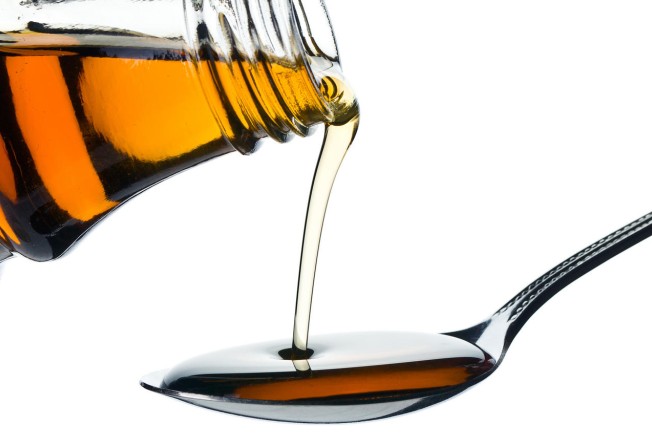
Benefits of maple syrup, sugar as stress reliever


It's not just for pancakes: a concentrated extract of maple syrup makes disease-causing bacteria more susceptible to antibiotics, leading to lower antibiotic usage, finds a new McGill University study. In the lab, the researchers tested the extract - rich in phenolic compounds - on bacteria such as E. coli and Proteus mirabilis (a common cause of urinary tract infection). The extract acted synergistically with antibiotics in destroying resistant communities of bacteria known as biofilms, which are common in difficult-to-treat infections. The extract also affected the gene expression of the bacteria, by repressing a number of genes linked with antibiotic resistance and virulence.

Housework keeps the elderly fit and happy
Older adults who keep a clean and orderly home - because of the exercise it takes to get the job done - tend to feel emotionally and physically better after tackling house chores. "A clean environment is therapeutic," says Kathy Wright, the study's lead researcher from Case Western Reserve University school of nursing. The study involved interviews with 337 participants aged 65 to 94 years of age, with at least one chronic illness, on their backgrounds and physical and emotional well-being. Wright found that housework and maintaining their property affected the participants' physical and mental well-being more than such factors as neighbourhood or income. People living in a chaotic environment seemed less satisfied than those in a place that was neat and tidy.

How sweet drinks suppress stress
Drinking sugar-sweetened beverages can suppress the hormone cortisol and stress responses in the brain, according to a new study in the Journal of Clinical Endocrinology & Metabolism. Artificially sweetened diet beverages, however, do not have the same effect. "This is the first evidence that high sugar - but not aspartame - consumption may relieve stress in humans," says one of the study's authors, Kevin Laugero, of the University of California, Davis. In the study, 19 women aged 18 to 40 were split into two groups, either drinking one sugar- or aspartame-sweetened beverage during each meal for 12 days. Those who drank sugar-sweetened beverages had a diminished cortisol response to a maths test, compared to the other women. They also exhibited more activity in the hippocampus - a part of the brain that is involved in memory and is sensitive to stress. The findings offer new clues that help explain how sugar positively reinforces the temptation to eat comfort food when a person is stressed, Laugero says.